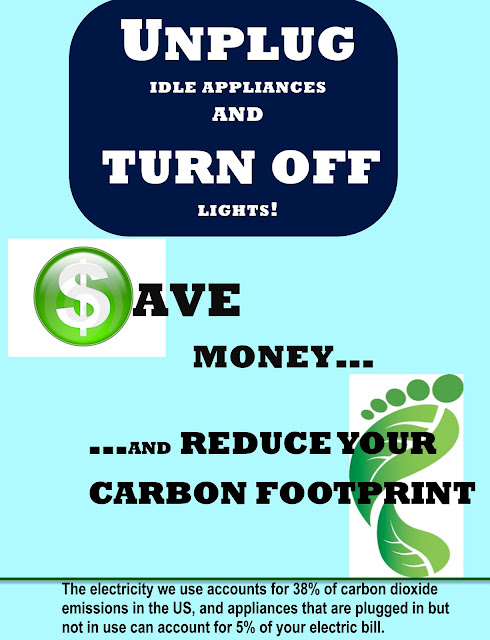I edited my footprint and the results showed that I reduced my footprint by 0.5 planets. I accomplished this by reducing my food and goods categories.
Final Evaluation of Goals
Goal 1
- As part of my initial goals, impact from my food consumption and buying habits was reduced by 8%. I was able to buy more locally grown produce, and since produce was easier to recognize as locally grown I was able to reduce my animal product consumption, which reduced my footprint as well.
- I realized my second goal was difficult, but only due to the fact that I don't buy a lot of packaged goods. As a "poor" college student most of buying is comprised of food products. If I am buying something other than food it is usually personal products or household items, but even then these products are bought only occasionally.
- I successfully eliminated plastic bags from my shopping. I did mess up a few times, due to not having bags handy. However, after I forgot my re-usable bags once I stocked my car with a few extra. This helped me for times when I would go grocery shopping on impulse, like after school when I was not carrying my bags with me.
- The disadvantage to this goal was that while it was successful the footprint calculator does not reflect it.
- As my additional goal I reduced my electricity consumption. This could not be evaluated on this calculator, but I saw a changed in my electric bill. Our monthly bill has been reduced by about $10 from the previous months, and last year during the same months the electric bill was higher than this year. I believe this reduction in cost is a result of making a conscious effort to unplug idle appliances and turning off lights when leaving the room.
Analysis of Behavior Throughout the Quarter
My buying behaviors and environmental consciousness has changed dramatically. After learning about the various problems with products and how they impact the Earth, I have become a more involved buyer. Even when it comes to habitual items, I pay more attention to labels and take time to compare brands. I now try to buy brands which I perceive to be more green and I look for familiar labels.
In my house, I have become more aware of my power usage and have influenced my roommates to do the same. As a result our electric bill has been reduced.
I have also noticed that I have been informing my friends and family about various environmental/social issues and have caused them to think a little more about how and what they buy. I have learned a lot this quarter, and I expect to continue to reduce my footprint and help others reduce their footprints.


